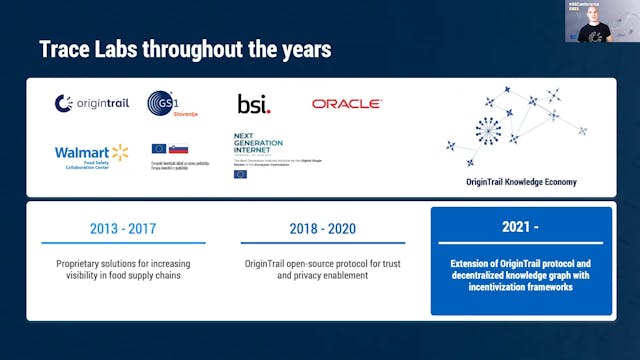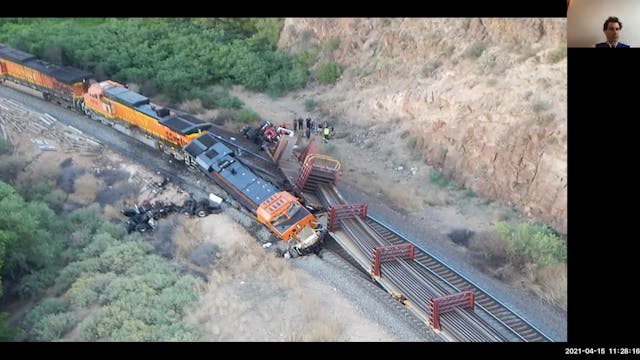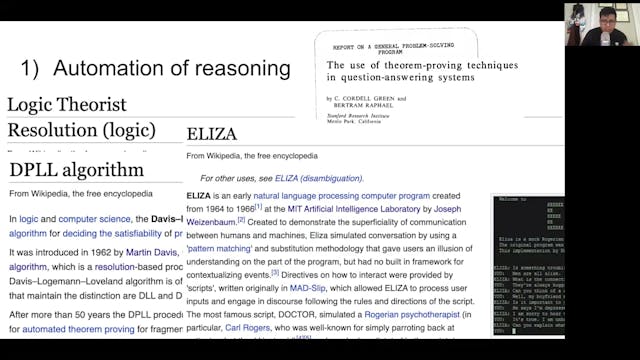Paco Nathan | Graph Based Data Science
KGC | All Access Subscription
•
17m
Python offers excellent libraries for working with graphs: semantic technologies, graph queries, interactive visualizations, graph algorithms, probabilistic graph inference, as well as embedding and other integrations with deep learning. However, most of these approaches share little common ground, nor do many of them integrate effectively with popular data science tools (pandas, scikit-learn, spaCy, PyTorch), nor efficiently with popular data engineering infrastructure such as Spark, RAPIDS, Ray, Parquet, fsspect, etc. This talk reviews `kglab` https://github.com/DerwenAI/kglab – an open source project that integrates most all of the above, and moreover provides ways to leverage disparate techniques in ways that complement each other, to produce Hybrid AI solutions for industry use cases.
Up Next in KGC | All Access Subscription
-
Branimir Rakic | OriginTrail: Decentr...
Knowledge graphs are powerful tools used by organizations to integrate their siloed data into useful, machine readable information for a wide range of purposes. The OriginTrail Decentralized Knowledge Graph (DKG) extends this approach to enable trusted knowledge exchange between multiple organiza...
-
Freddy Lecue | On The Role Of Knowled...
Machine Learning (ML), as one of the key drivers of Artificial Intelligence, has demonstrated disruptive results in numerous industries. However one of the most fundamental problems of applying ML, and particularly Artificial Neural Network models, in critical systems is its inability to provide ...
-
Juan Sequeda | History Of Knowledge G...
Knowledge Graphs can be considered as fulfilling an early vision in Computer Science of creating intelligent systems that integrate knowledge and data at large scale. Stemming from scientific advancements in research areas of Semantic Web, Databases, Knowledge representation, NLP, Machine Learnin...



